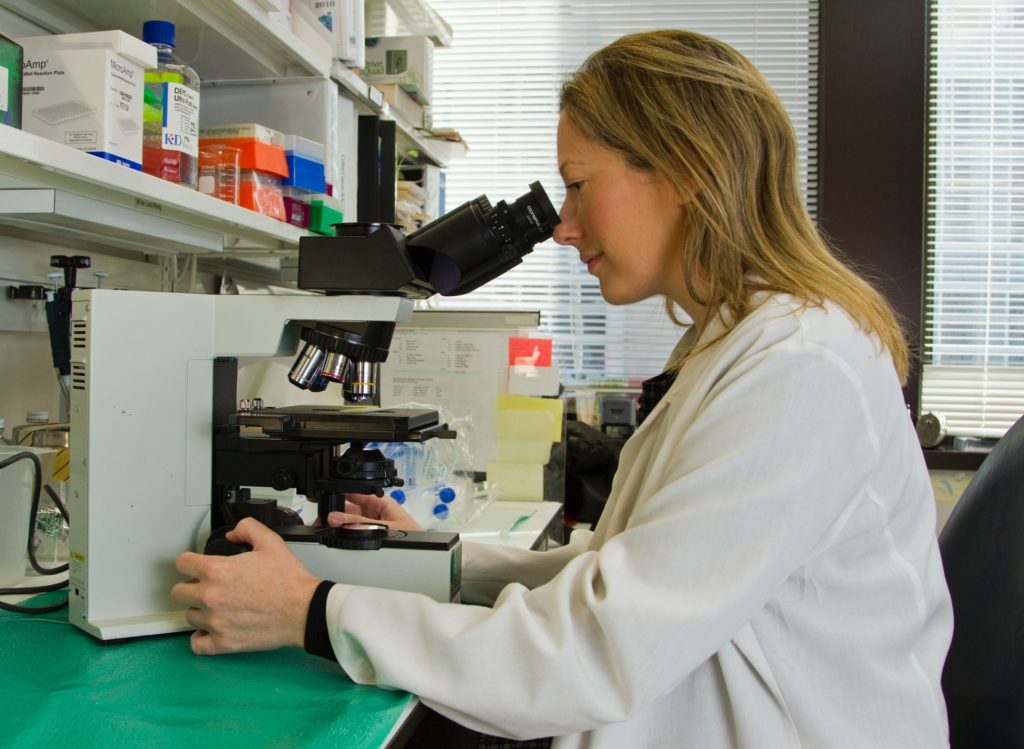Patients undergoing treatment for some cancers have less protection from the Covid-19 vaccine produced by Pfizer-BioNTech than the greater population, research shows.
The research was carried out by the Antwerp university hospital (UZA) in conjunction with federal health institute Sciensano and the cancer charity Kom op Tegen Kanker.
Concentrating for the time being on the Pfizer vaccine, it looked at 200 patients in treatment for various types of cancer, and took a measure at different times of their production of antibodies against Covid-19, as well as any side-effects experienced.
Many cancer treatments have an effect on the immune system, since cancer in many ways can be seen as an auto-immune disorder, in which the body is fighting against itself.
The difference in side effects was minimal, comparable to the population at large, according to oncologist Marc Peeters (UZA).
As far as the production of antibodies against the virus is concerned – the core reason why the vaccine is introduced – cancer patients after the first inoculation produced antibodies just as healthy people did, but to differing degrees. The Pfizer vaccine requires two doses to arrive at maximum immunity.
However when it came to the second dose, a clear difference was seen between the two cohorts. According to the study, the immune response in certain groups of cancer patients was "delayed and less potent, which can lead to breakthrough infections."
A breakthrough infection occurs when a person who is supposedly protected, either by being fully vaccinated or less commonly by being immune as a result of a previous infection by the virus, becomes infected despite that protection.
It appears, from the study, that particularly at risk of this effect are cancer patients on a chemotherapy regime.
"Patients treated with the drug rituximab also have a less powerful immune response," said Dr Peeters. "They made almost no antibodies."
Rituximab is used mainly in treatment of skin cancer, and has the effect of depressing the immune system.
Patients treated with immunotherapy or hormones, on the other hand, showed little or no difference in vaccine effectiveness.
Having looked at Pfizer, the team will now move on to look at other vaccines, starting with Astra Zeneca. The idea of offering patients a third dose of the vaccine is being considered.
In the meantime, the advice for cancer patients is to maintain a regime of basic precautions: hand hygiene, social distancing and mask wearing. In other words, what most sensible people are doing anyway as the virus continues to claim lives.

